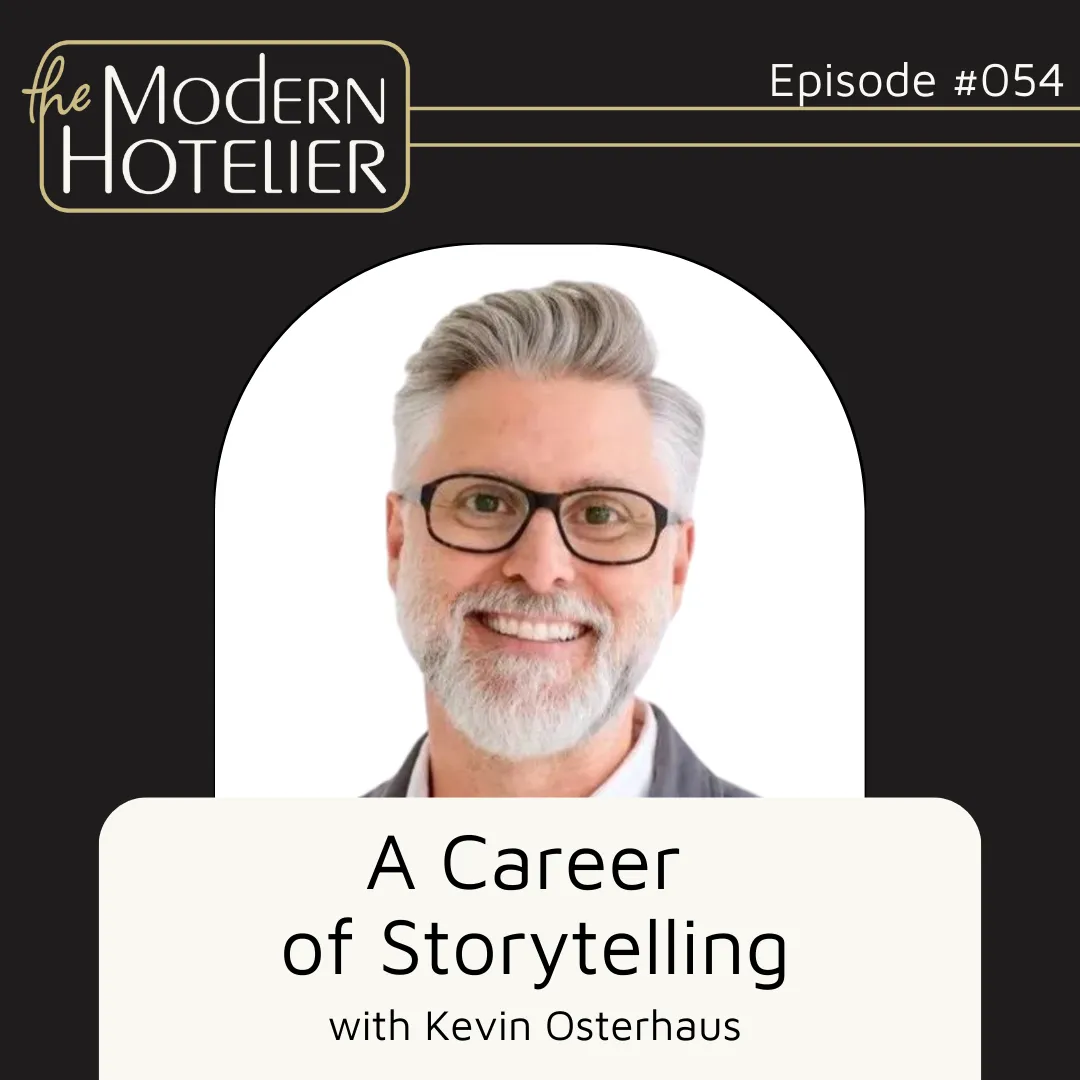Kevin Osterhaus is a storytelling expert with a wealth of experience working with renowned hotel groups such as The Standard, Bunkhouse, and Graduate Hotels. Since becoming President of Graduate Hotels in 2021, Kevin has focused on launching programs like the Graduate Academy for employee education and development. He discusses the importance of storytelling in hotels and shares examples of creative stories and nods to universities that Graduate properties focus on. Kevin explores some fascinating stories from the world of hotels.
In this episode, you'll learn about:
• What excites Kevin about hospitality
• How Graduate uses storytelling to create unique experiences
• Why hospitality is an industry of disproportionate reward
• How Graduate thinks about implementing technology
• What Graduate has done to retain and empower employees
This episode is Sponsored by Stayflexi
Join the conversation on today's episode on The Modern Hotelier LinkedIn page.
The Modern Hotelier is produced, edited, and published by Make More Media: https://makemore.media/
Episode Links
Kevin Osterhaus
David Millili
Steve Carran
Steve on LinkedIn
The Modern Hotelier
Transcript
Automatic Transcription - please excuse any errors

